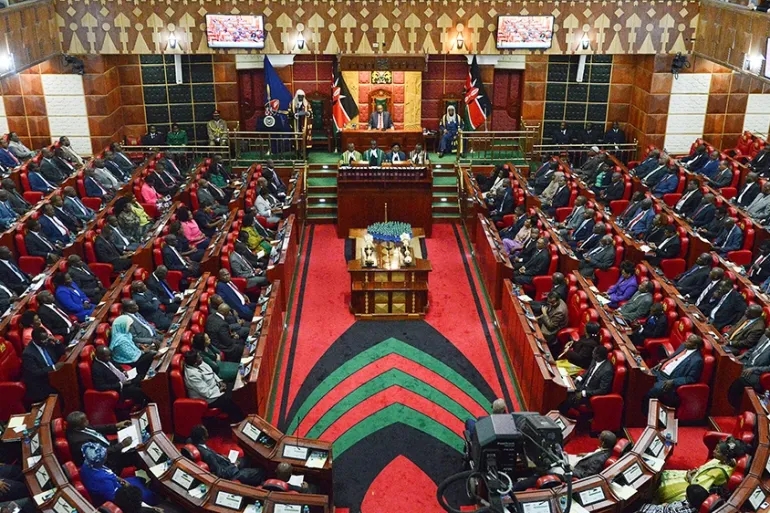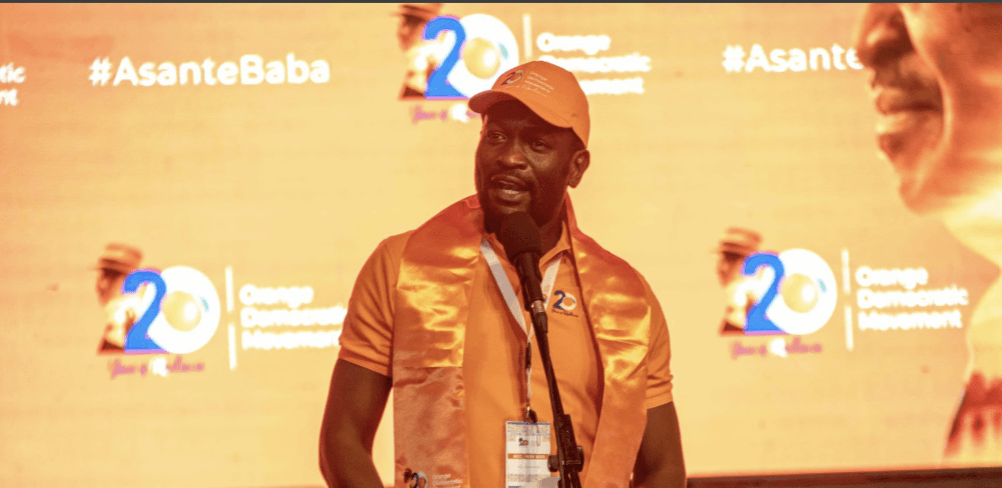The rising number of illegal fishermen around Lake Naivasha has been identified as the main reason for an upsurge in cases of hippo attacks in the last couple of months.
The number of informal settlements around the lake coupled with the high levels of unemployment has also contributed to the influx of illegal fishermen into the lake.
Since the year began, more than 15 illegal fishermen have been killed by the hippos or drowned while fleeing from the animals whose numbers are also on the rise.
According to David Kilo from the Lake Naivasha Boat Owners Association, the lake was currently under pressure from tens of jobless youths.
He added that the situation had been worsened by closure of wildlife corridors leading to an increase in cases of human-wildlife conflict.
“Cases of hippo attacks targeting the foot fishermen have risen in the lake in the last two months and there is urgent need to address this before we lose more lives,” he said.
Kilo, who is also a seasoned fisherman added that tens of others had been maimed by the wild animals whose numbers were rising every month.
On his part, the chairman of Friends of Lake Naivasha Francis Muthui said that the only solution to addressing the current hippo crisis was by culling them.
He admitted that culling would be a tricky exercise but was quick to note that there was no other solution to the crisis.
“The number of hippos around the lake has in the last five years tripled in the process raiding nearby farms and attacking members of the public at will,” he said.
Muthui added that fencing of riparian land where the animals fed made them very wild.
Earlier, the Wildlife Research and Training Institute (WRTI) embarked on a hippo census in Lakes Nakuru and Naivasha in the wake of an increase in attacks by the animals.
The Director of the Institute Dr Patrick Omondi said the aim of the research was to inform and review their curriculum to align it to the current and emerging needs in the wildlife sector.
The exercise is part of 16 research projects that are being undertaken by the staff of the Naivasha-based institute in a bid to provide certified national data.













